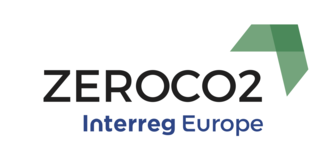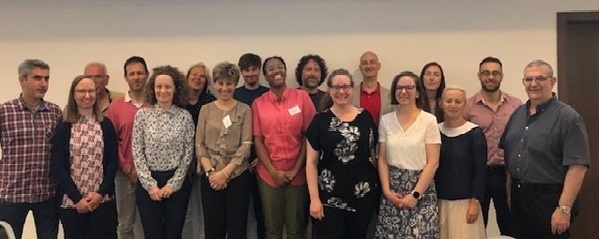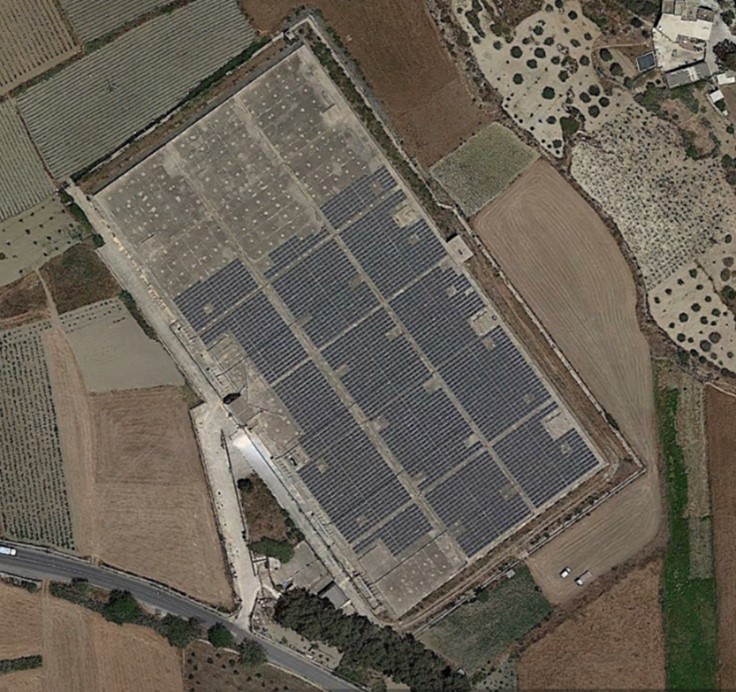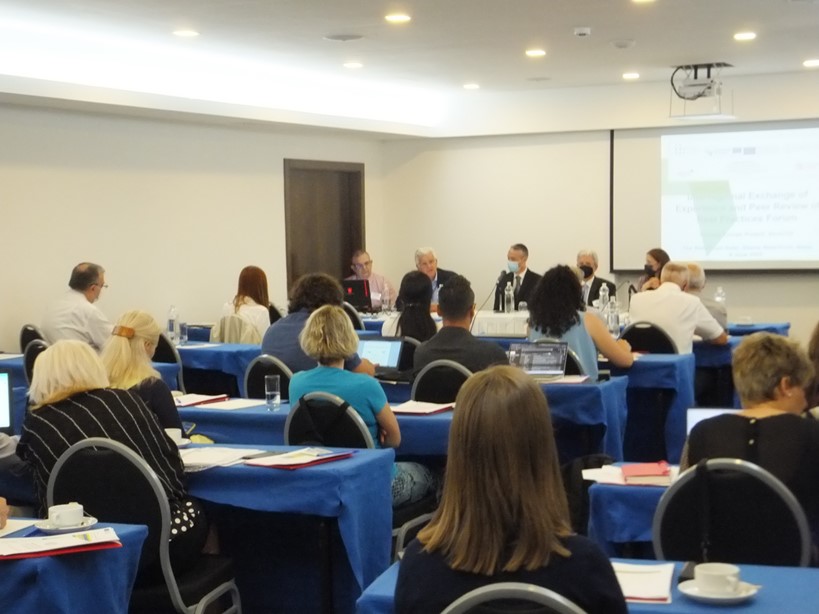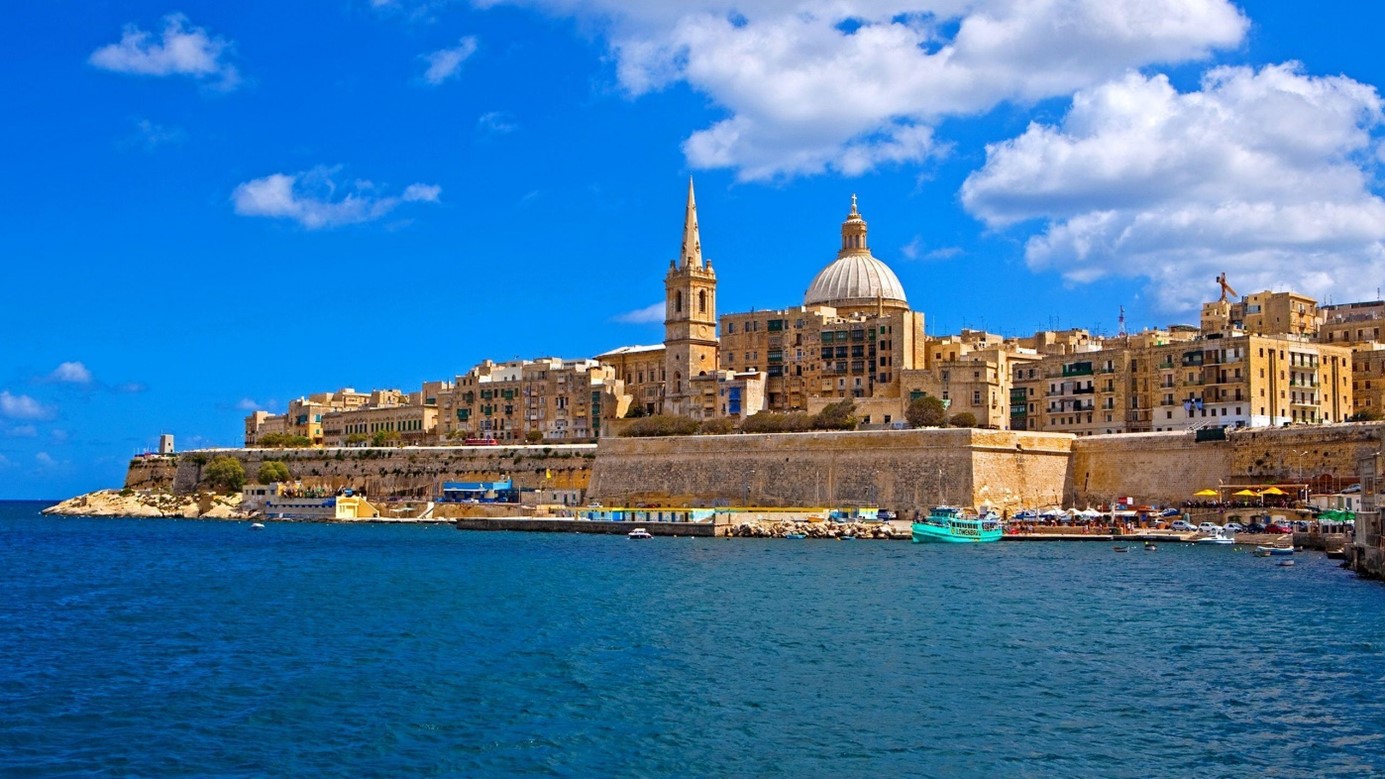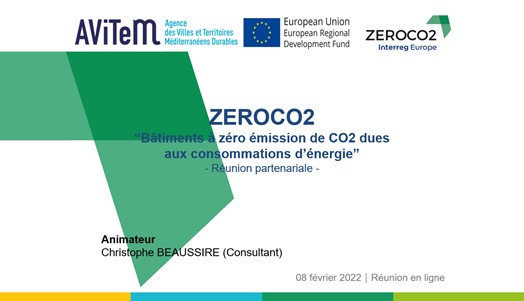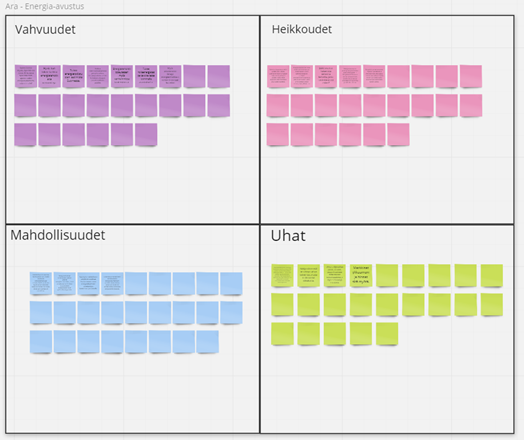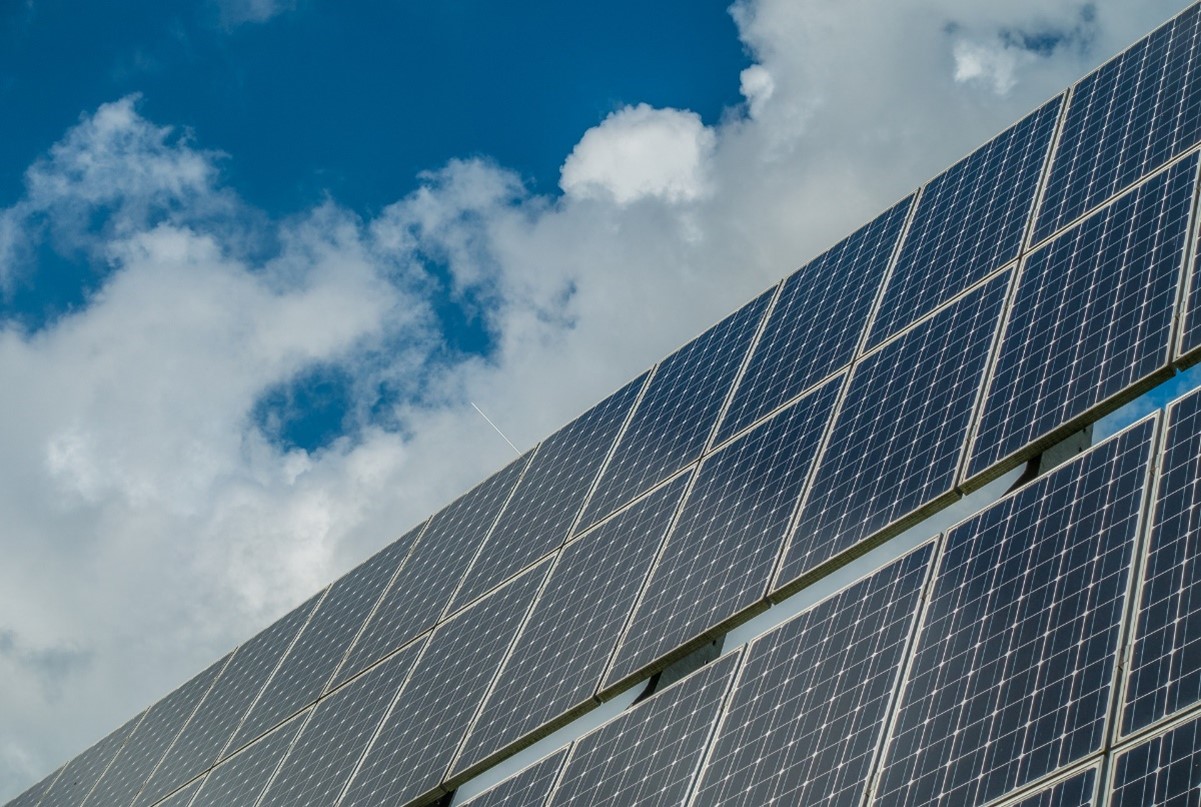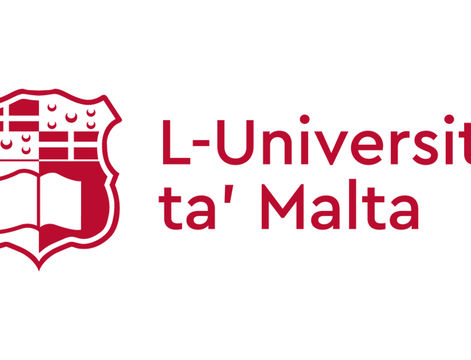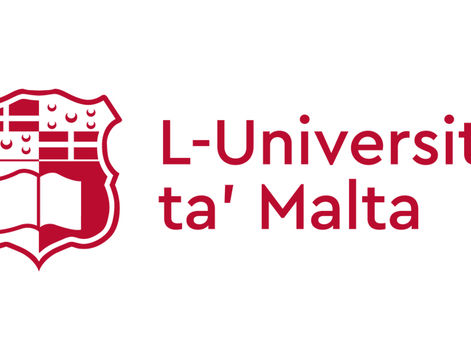
Project Overview
The Interreg-Europe ZEROCO2 project (Apr 2016 – Mar 2020), aimed to facilitate discussions, support exchange of experiences and best-practices and eventually propose specific policy action plans to accelerate the implementation of EU Directives with regards to building energy renovation in the public sector and social housing, with the aim of achieving near-zero carbon dioxide emissions, in eight regions in Europe.
One particularity of Malta in this project was that although Malta can participate in Interreg Europe projects as a region, it is actually a country. This means that energy policies are carried out at Ministerial rather than regional levels. Therefore, it is more challenging, and it would take a longer time to mobilise resources and stimulate change. Nevertheless, the outcome was very positive as detailed below.
As the Maltese partner in the ZEROCO2 project, the University of Malta has anticipated this challenge. In order to facilitate the implementation of the project during its lifetime in the best possible manner, a Memorandum of Understanding (MoU) was signed between the University and the main policy advisers and stakeholders, namely the Energy and Water Agency (ex- Sustainable Energy and Water Conservation Unit) and the Building Regulation Office. The former is responsible of advising the concerned Ministry with regards to the EU Renewable Energy and the Energy Efficiency Directives, while the latter is concerned with the Energy Performance of Buildings Directive. The MoU was instrumental in ensuring the active participation of these primary stakeholders together with other secondary stakeholders during the many seminars, workshops and Technical Visits abroad, which were organised during the first two years of the project.
The project has achieved a very good level of implementation of policy action proposals, as shown in Table 1 (Excellent=2, Very good=4, Good=2, Fair=2, No material progress=5).
Reaching the Goal
Malta’s policy action proposals were divided into eight soft measures and eight fiscal measures. These proposals were fruit of the many meetings, seminars and workshops that were organised among the key stakeholders and taking into consideration the results of technical studies that provided evidence based outcomes to sustain the validity of the policy action plan proposals.

Table 1: The policy action plan proposals and their levels of implementation during the second phase monitoring period April 2018-March 2020.
Soft Action Three: Professional Training
Implementation Status: Excellent
A dedicated short course has been devised and approved by the Academic Programmes Quality and Resources Unit (APQRU) to run at the University of Malta – “ISE2020: Net Zero Energy Building Strategies”. The study unit aims to fill a lacuna of specialised courses for practising engineers, architects and project managers that are directly engaged in building and construction projects. It intends to equip the practising professionals with all the necessary tools to construct near-zero energy buildings. University of Malta - Study Unit - Net Zero Energy Building Strategies
Soft Action Eight: Mandatory Renewables in Buildings
Implementation Status: Very Good
Following the publication of the cost optimal studies for new and renovated buildings, it is now clear that the introduction of a minimum level of renewable energy systems in new and renovated buildings will be introduced in the new Technical Document F: Minimum Energy Performance of Buildings. This is a step in the right direction, because the implementation of renewable energy systems would have the least cost if implemented at construction stage, rather than retrofitting them at a later stage in the building’s lifetime.
EU countries' 2018 Cost-optimal Reports
Click to continuing reading 'Fiscal Actions'
